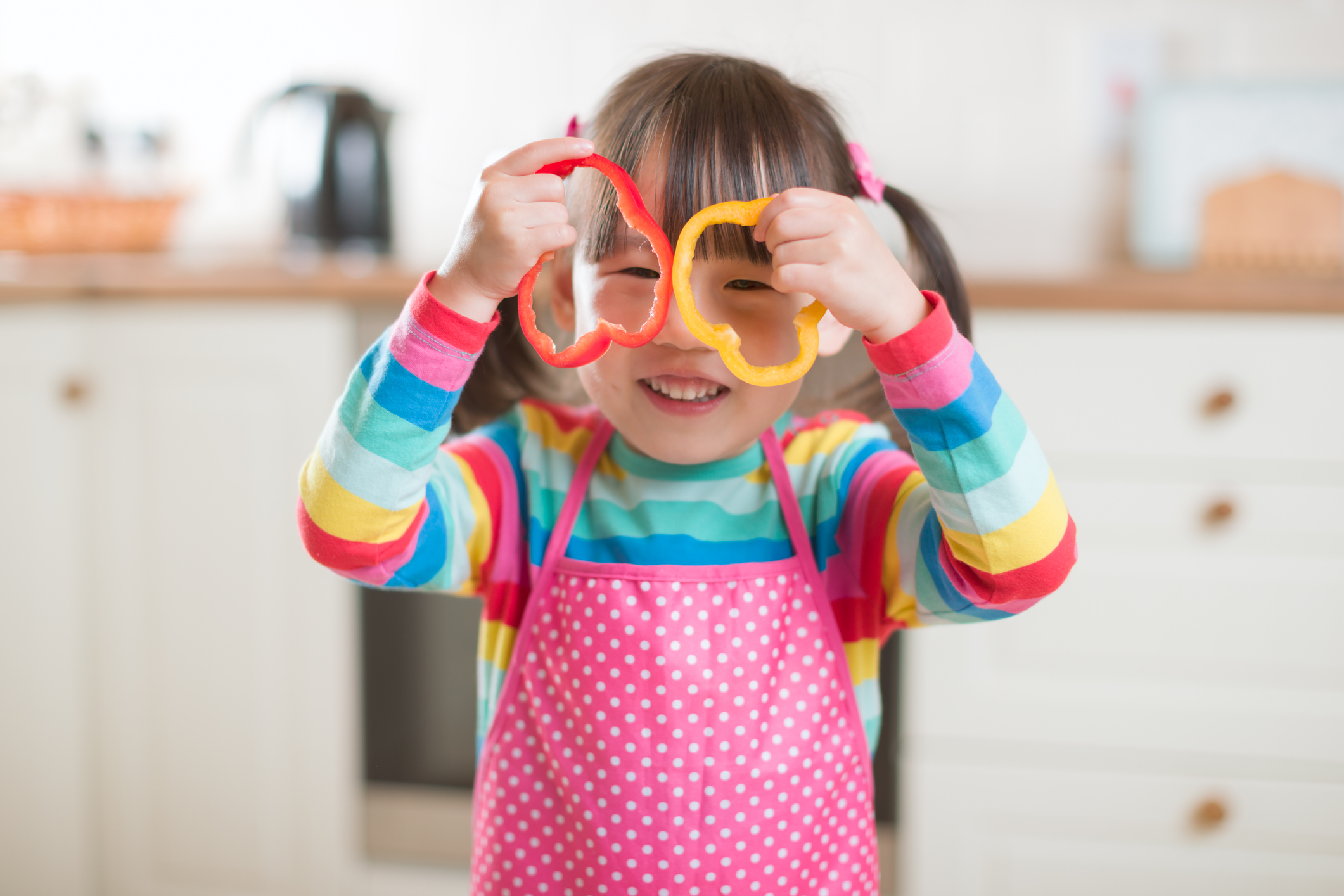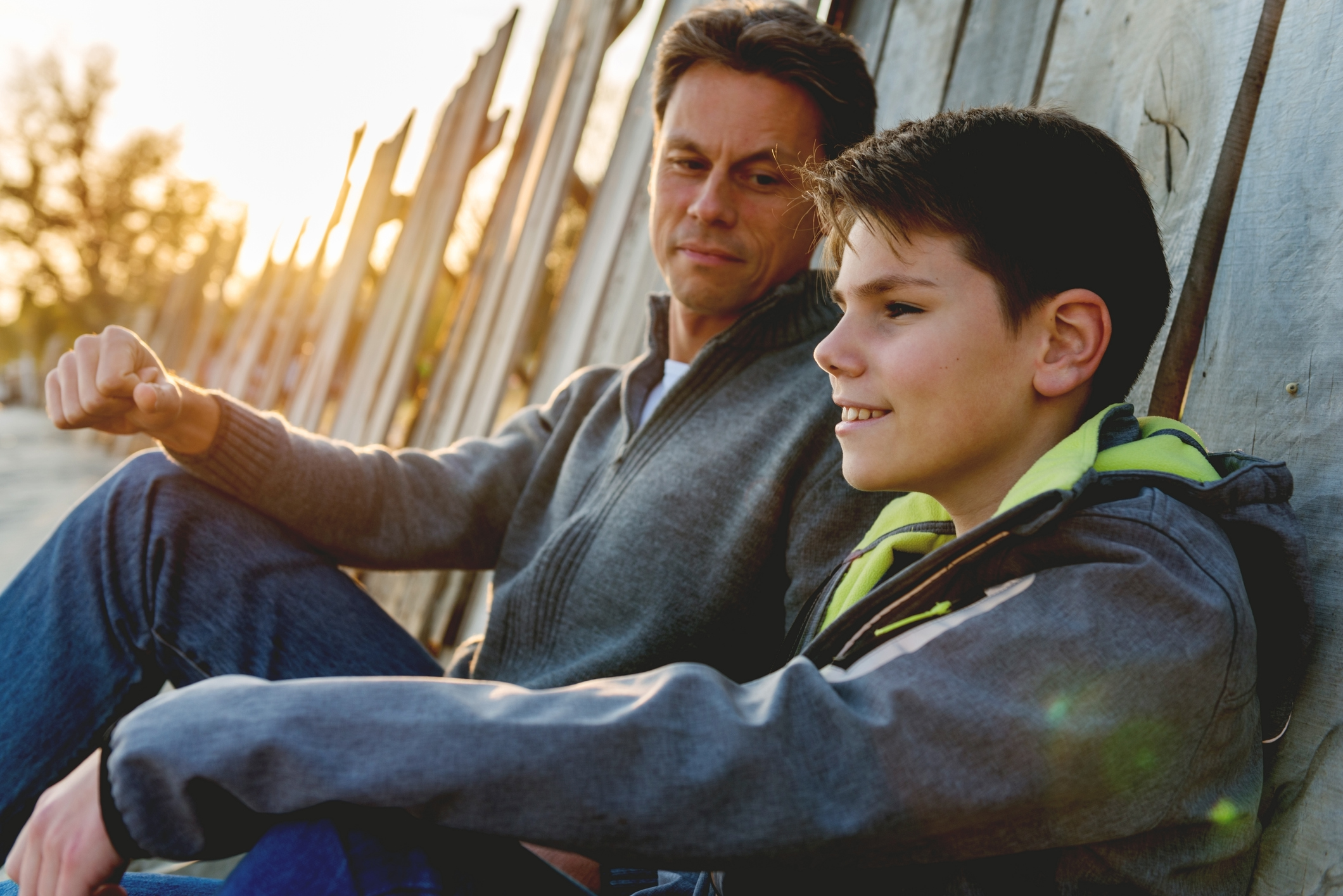
Let’s face it, we were really hoping 2021 would be phenomenal. And it still may be. But the images of the violence that took place in our nation’s capital were deeply disturbing and once again, placed us parents in the undesirable position of having to engage in really tough conversations with our kids.
As parents, when chaos and confusion erupt, our immediate thoughts are typically:
How are my children translating these events? Should I raise the subject? If so, how do I go about it?
And: How can I respond without further confusing or traumatizing them?
Navigating difficult terrain is all part of the parenting journey. It will never be easy. But in a crisis, it is mission-critical to help kids make sense of what’s happening and manage any anxiety they may be experiencing.
Here are five tips that might help.
Initiate the discussion.
When faced with speaking to kids about a tragic event, the tendency for most parents is to distract, avoid, or get that deer-caught-in-the-headlights look. Broaching difficult subjects can be challenging for parents who fear that talking about sad things might cause unnecessary harm, but studies indicate the opposite. Research suggests that in the wake of a traumatizing event, talking to your kids helps them to feel safe. Hearing about or witnessing frightening images on the news or online is very unsettling, and not addressing it may cause additional anxiety for kids. So, it’s best to initiate the topic because, chances are, they have already overheard some conversations and may be confused. In teaching your kids about the world (as scary as it is), you become a trusted source for information and help them cultivate tools needed to become critical thinkers.
Respond in developmentally appropriate ways.
Navigating complicated topics such as violence and injustice can be tricky, particularly when speaking to younger kids. Knowledge of your kids’ maturity level, temperament, and how they perceive the world, will serve as your guide. Younger kids may shrug off the news, but your tween may have lots of thoughts and questions. Answer honestly. And listen earnestly to what they say no matter how mundane or off-topic. At any age, keep in mind that kids who are highly sensitive will have a tough time absorbing distressing information and may feel a degree of burden. So, use your best judgment and take your cues from your child. Consider the drip method. Just a little bit at a time and discontinue if you notice an increase in distress.
In preparation for these conversations, here are some potential prompts:
What do you know/think/feel about what’s happened recently?
What are your friends saying about this situation?
This must feel very scary to you. I am scared too. Do you want to talk about it?
What are some things we can do as a family to help you feel safer?
Many people, including our leaders, don’t see the world in the same way. What are some of your solutions on how to move forward? (for teens)
That’s a really good question. I don’t know the answer. Maybe we can find out together.
As unpleasant as it might initially be, having difficult conversations with our kids offers a unique opportunity for important discussions about history, race, civics, empathy, and justice. As you share, remember to avoid negatively labeling groups, communities, or political parties—only label behaviors. With younger kids, be sure to emphasize any acts of heroism and how the event is being addressed, either through investigations or preventative measures.
Encourage the expression of fear.
When your kid learns about a tragic event, it’s normal for him or her to feel anxious, overwhelmed, and fearful. Fear is an intense human emotion. At the heart of fear is a strong desire to avoid any perceived threat to safety. As parents, we have the awesome ability to offer safety. Utilizing a calm vocal tone and soft facial expressions helps to bring calm to our kids’ nervous systems. Encouraging them to share their unpleasant feelings and having those feelings validated creates emotional safety. They may be initially reluctant to share, but let them know you are available when they are ready. And finally, encourage your kids to take their biggest worries and fears to God—their fiercest protector!
Depending on the nature of the event, you may also feel unsettled. Kids are sensitive to their parents’ anxieties, which can intensify their own. If your anger or fear becomes overwhelming, postpone the conversation and connect with your own support system.
Limit media exposure.
Experts are clear. The best person to deliver difficult news to kids is a trusted adult. But in the age of the 24-hour news cycle and non-stop phone notifications, our kids often hear the stories before we do. This can be problematic as news delivery has increasingly become sensationalized. An overconsumption of media following a tragic event is linked with increased anxiety. Limit media and refrain from watching the news coverage or scrolling through social media before bed. Instead, encourage your kid or teen to listen to soft music, or read a funny novel. For younger kids who may experience upsetting thoughts or dreams, encourage them to “put in happy thoughts” such as the thought of someone who loves them or visualize having fun with a friend. I also recommend breathing exercises. You can practice by saying, “Let’s breathe in slowly, then count to three, then exhale to a count of three.”
Maintain routines and meaningful activities.
Following a crisis, individuals who fare well become laser-focused on the things that matter. Deviating from what is familiar can generate increased anxiety. Maintaining family routines creates a feeling of safety. Engaging in meaningful family activities enhances feelings of stability and improves family bonding. Following a scary event, all humans, no matter the age, benefit from reassuring words, comfort food, and extra cuddles.
While parenting in the midst of chaos is never guaranteed to be 100 percent successful, what I learned most from 2020 is that the chances of success are greatly improved when we lean on the support of others. My prayer is that God will continue to give us a greater capacity to find moments of joy and contentment even through the most challenging of times.
If your child’s anxiety doesn’t improve or seems to worsen after three months, seek immediate help from your pediatrician or a mental health professional.





